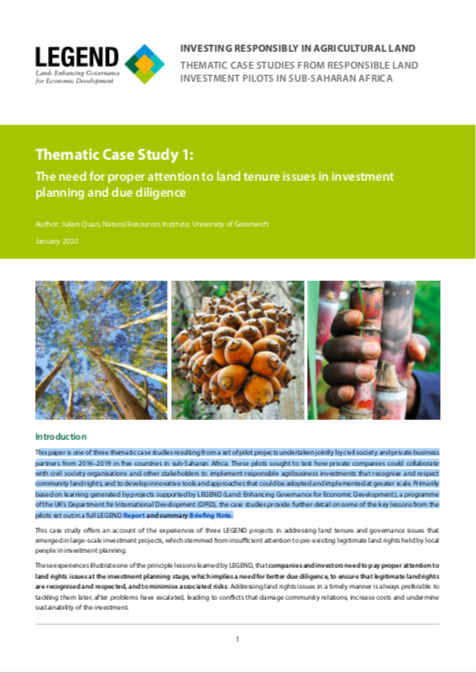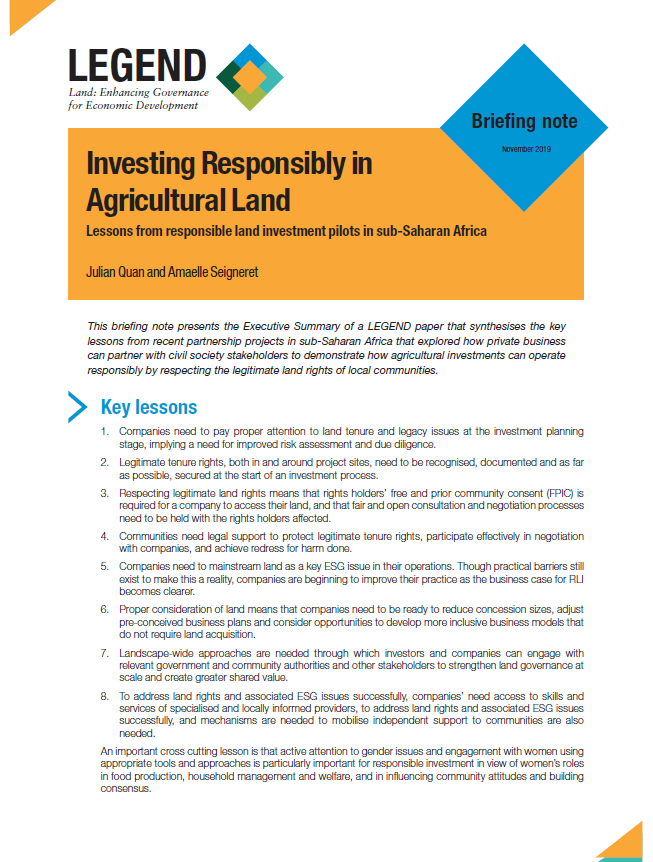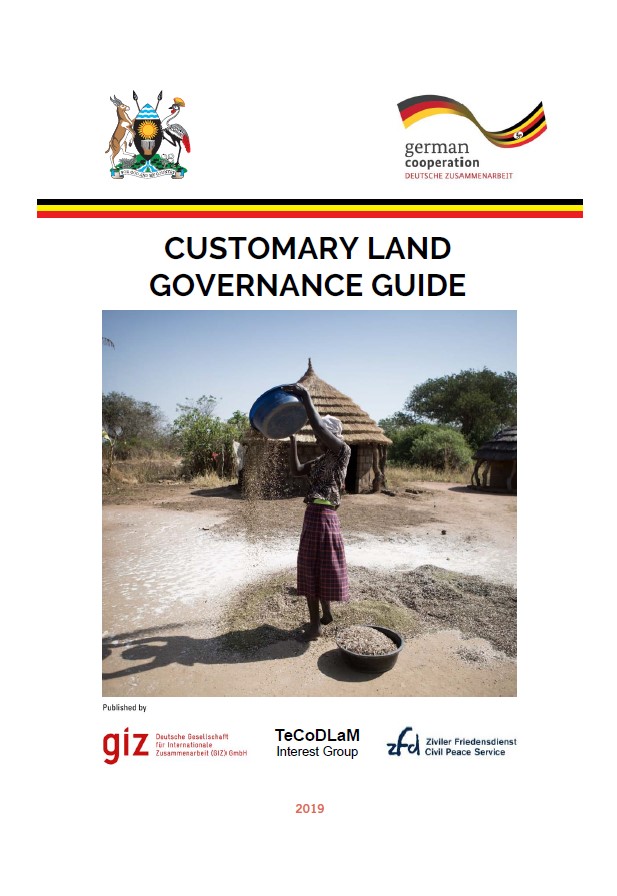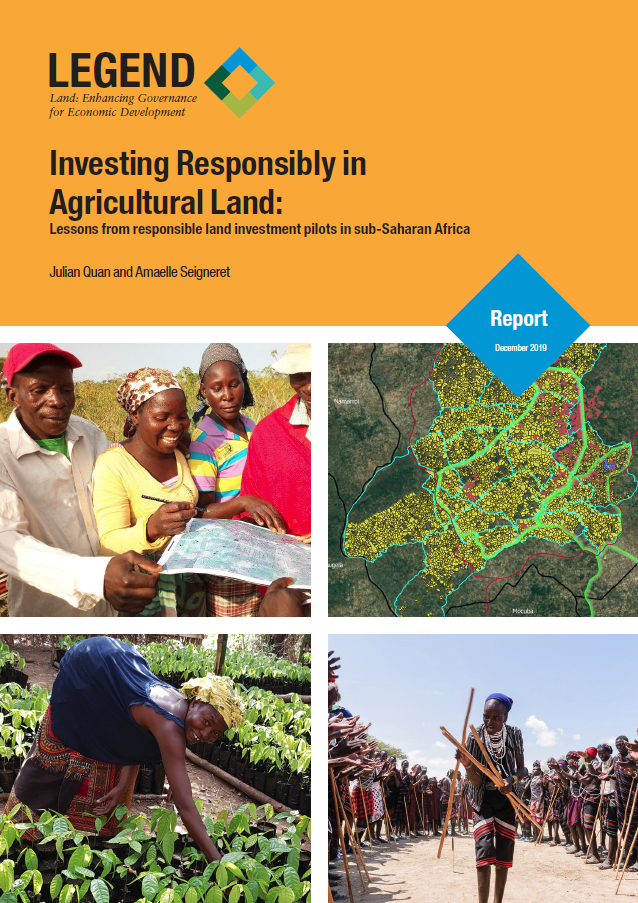Land in Uganda is a delicate resource that has caused many conflicts over the past years. About 80% of pending court cases in the country relate to land today. Looking at the country’s violent history, a rising population and increasing impact of climate change on agriculture productivity, land…
This paper is one of three thematic case studies resulting from a set of pilot projects undertaken jointly by civil society and private business partners from 2016–2019 in five countries in sub-Saharan Africa. These pilots sought to test how private companies could collaborate with civil society…
Government intervention and local level coordination of large-scale investment decisions are important components required for positive impacts on food security, nutrition and livelihoods of host communities. This policy brief reviews two case studies which illustrate the effects of foreign…
This report summarizes the implementation activities, “policy intersections” and the subsequent production of a draft model Land Use Bill (LUB, 2018) for Nigeria. This study broadly focused on land use intersections to determine appropriate policy for countering the problem of land rush/land…
This paper examines the intersections between youth access to land, migration decisions and employment opportunities using nationally representative and multi-year data from multiple African countries. We document evidence on the evolving dynamics in land distribution and ownership patterns, the…
A narrative on rural youth in Africa has continued to evolve in policy circles around the world. Much of it is driven by population statistics that point to an imminent youth bulge in Africa and concerns about a poor economic outlook (stagnation) for African productivity and growth. Fears of…
This briefing note presents the Executive Summary of a LEGEND paper that synthesises the key lessons from recent partnership projects in sub-Saharan Africa that explored how private business can partner with civil society stakeholders to demonstrate how agricultural investments can operate…
Responsible Land Policy in Uganda (RELAPU) is a project implemented by the German International Cooperation (GIZ) and financed by the German Federal Ministry for Economic Cooperation and Development (BMZ). BMZ created the Special Initiative “One World, No Hunger”, aimed at eradicating extreme…
A new Model Land Use Bill is proposed to address the lapses identified in the Nigerian Land Use Act (LUA, 1978), such as poor administrative system for lands, ownership, and the absence of community participation. This policy brief promotes a new land management structure for ease of business,…
This report details practical lessons on how to approach responsible land based investments in agriculture, derived from the experiences of LEGEND challenge fund projects and other pilots in Africa.
Land investments involve the acquisition of land and natural resources, usually by…
The meetings addressed the progress of the International Land Coalition for Africa (ILC), its strategic priorities, and as well, developed ideas on how to apply lessons learned. ILC focuses on providing specific recommendations that instigate land policies that satisfy the agenda of the African…









